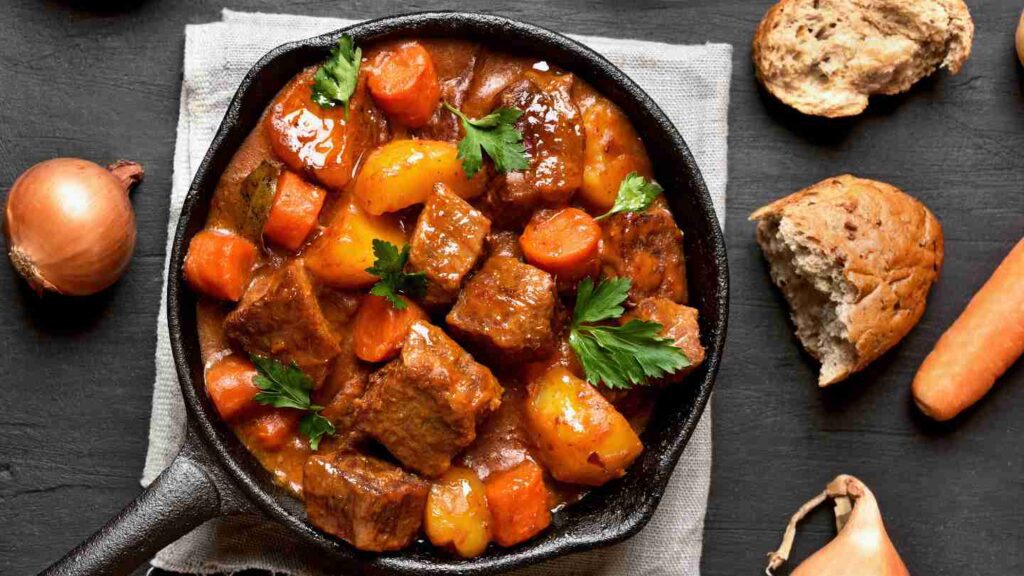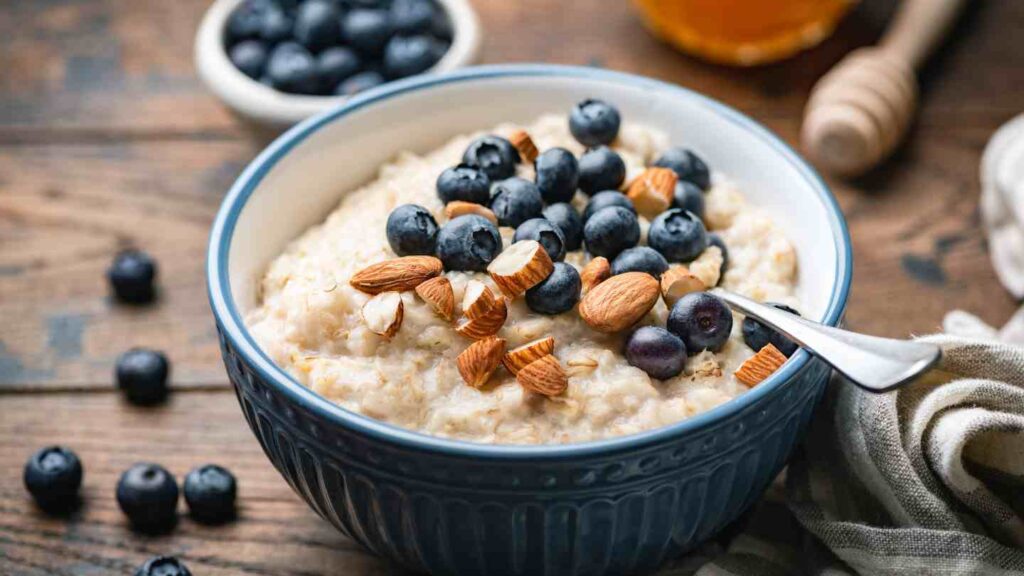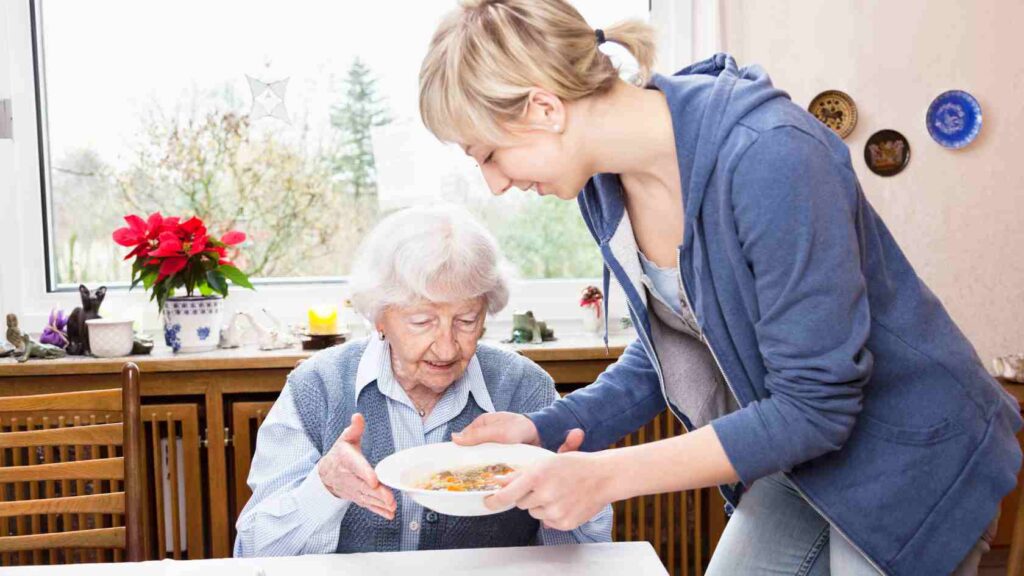Persistent, debilitating health problems in later years are common and often considered inevitable. Fortunately, we are discovering that the pain, suffering and diminished quality of life that so many older people endure are far from unavoidable. But we do need to nurture our physical and mental health with more conscious and focused efforts as we grow older.
If there is an elderly family member or friend you are concerned about, here are some key points to keep in mind:
Healthy digestion and circulation are key to good health as we age.
If digestion, heart and circulation are kept in good order – mostly with a wholesome, nutrient-dense diet, regular suitable exercise, no smoking, low/moderate alcohol, plenty of rest, and good stress management – then the entire body should stay well-nourished and largely protected from the common degenerative conditions that plague so many seniors.
Less energy is needed, but nutrients are still key.
Digestive ‘fire’ weakens with age as stomach acid and digestive enzymes naturally decline; protein is harder to break down and minerals harder to release and absorb from foods. Compared to earlier years, this can mean increased needs for certain micronutrients, such as magnesium, iron, zinc and B vitamins, especially B12. As older people tend to eat less, it becomes even more vital to emphasise foods with high nutrient density (see below).
Waning interest in food and eating.
As individuals age they often show less interest in new foods or in cooking. This can lead to a monotonous, poor-quality diet full of refined carbs and deficient in nutrients – and often also lacking sufficient calories to maintain sufficient body weight.
Dehydration.
This is extremely common among the elderly, who often avoid drinking fluids for reasons such as being less able to get to a bathroom or the need for frequent toilet breaks.
Medication can reduce appetite and absorption.
Studies have found long-term use of acid-blocking heartburn medications (e.g. Nexium) can increase an individual’s risk of developing dementia, bone loss, and B12 deficiency, among other disorders.
All the issues mentioned above can cause (or worsen) problems such as poor immunity, low energy, hypothermia, poor sleep, depression, memory defects, confusion, reduced mobility, osteoporosis, falling injuries, plus other degenerative disorders common in old age.

7 Tips to Support the Nutrition of Seniors
1. Nutrient-dense (and familiar) foods: real meat with fat (not just lean cuts!), especially offal (liver, kidneys, heart etc), fish, green and root vegetables, nuts, fruits and beans.
2. Reduce reliance on bread (aim for wholemeal instead), other flour products (biscuits etc), sweets, and sugary drinks.
3. Encourage meals that stimulate taste buds (added salt is OK for most). Encourage regular mealtimes, it is best to support food being eaten slowly and chewed well. The main meal should be taken earlier to avoid late eating which can disturb digestion and sleep.
4. Warm, wet foods (porridge, soups, stews etc) always go down well when digestion is weaker.

5. Multivitamin/mineral supplements are often very useful (liquid or effervescent products may be more acceptable than pills etc and tend to work best).
6. For osteoporosis or osteopenia, consider consulting with a nutrition professional such as a nutritional therapist before purchasing a good bone support formula. The product should include bone nutrients such as magnesium, zinc, manganese, boron, vit C, vitamin D and vitamin K2. Supplemental calcium may not be needed if dairy foods are consumed. It is vital to understand that weight-bearing exercise is an unavoidable part of the solution to osteoporosis.
7. For worn joints (osteoarthritis): anti-inflammatory foods can be added to the diet such as turmeric and ginger, also oily fish (salmon, mackerel, herring, trout, sardines and anchovies). Try supplementing with glucosamine, it is particularly beneficial for knees but can take 3-4 months of taking consistently to feel the benefit -so stick with it!
To learn more about nutrition needs at different life stage, join our Certificate in Nutrition & Healthy Living or BTEC Diploma in Professional Nutrition & Health Coaching.











